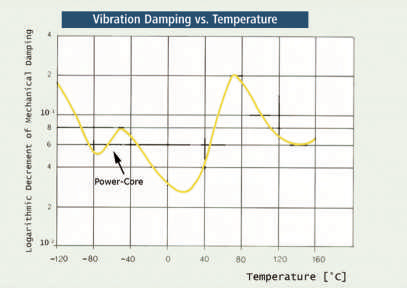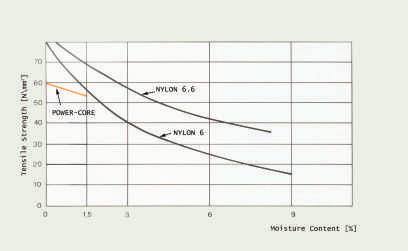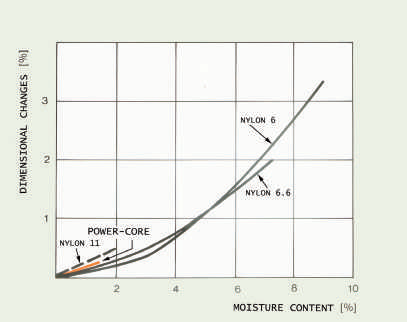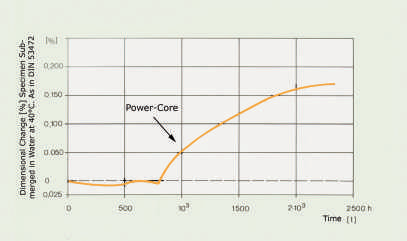250 Herbert Avenue
Closter, New Jersey 07624 U.S.A.
1-877-218-2650
From cheap plastics to the world’s most expensive composites, many types of polymers have been machined, molded or cast into power transmission components. We’ve focused our development efforts on the use of a proprietary, gravity cast Polymer called Power-Core®.
Thanks to the interplay of its intrinsic physical properties and low-stress casting process, Powercore represents the ideal material choice for power transmission applications. Here’s why:
Remains Stable and Dampens Vibrations. Power-Core has an unparalleled ability to maintain its physical properties under a broad range of operating conditions. This stability allows us to make highly accurate predictions of the material’s behavior and lifecycle even when the application has variations in moisture, temperature and chemical exposure.
In particular, Power-Core’s stability in persistent high-humidity or total-immersion conditions makes it uniquely well-suited to power transmission applications and sets it apart from other polymers. Unlike Power-Core, most high-performance polymers absorb moisture. As they do, they lose their tensile strength and swell. Power transmission components made from moisture absorbing, or “hygroscopic,” polymers can end up too weak to carry the loads they were designed for and too swollen to work with mating components.
For an idea of how severe the moisture problem can be, consider the difference between Power-Core and the much more common nylon 6. While both are nominally “polyamides,” powercore outperforms other nylon 6 and nylon 12's dramatically as moisture content increases.
Power-Core also exhibits excellent vibration damping characteristics, which contributes to its ability to reduce noise and absorb the shock loads commonly seen by power transmission components.

Eliminates Internal Stresses. Power-Core isn’t just a material but also a manufacturing approach that encompasses gravity casting and precision machining. We gravity cast the Power-core over metal hubs or thermally install it over rollers bearings to produce the beginnings of a cam follower, roller or gear. We then precision machine these blanks to form a finished component.
With engineering polymer applications, the interplay between manufacturing methods and the inherent polymer properties matters as much as the choice of the polymer itself.
Power-Core is no exception. In this case, the gravity casting contributes to low internal stress state that gives the polymer an inherently uniform crystalline structure. As a result, Power-Core components have a consistent machining resistance that improves overall machining precision–and allows the material to retain that precision over time. And under external load, the dense crystalline structure helps thwart the stress-induced cracks or swelling that sometimes force molded plastic components to fail prematurely.


